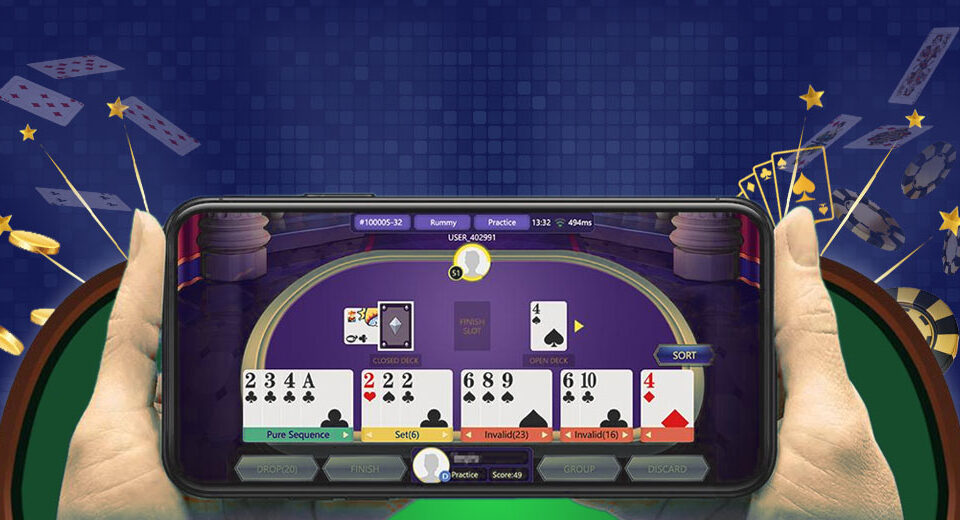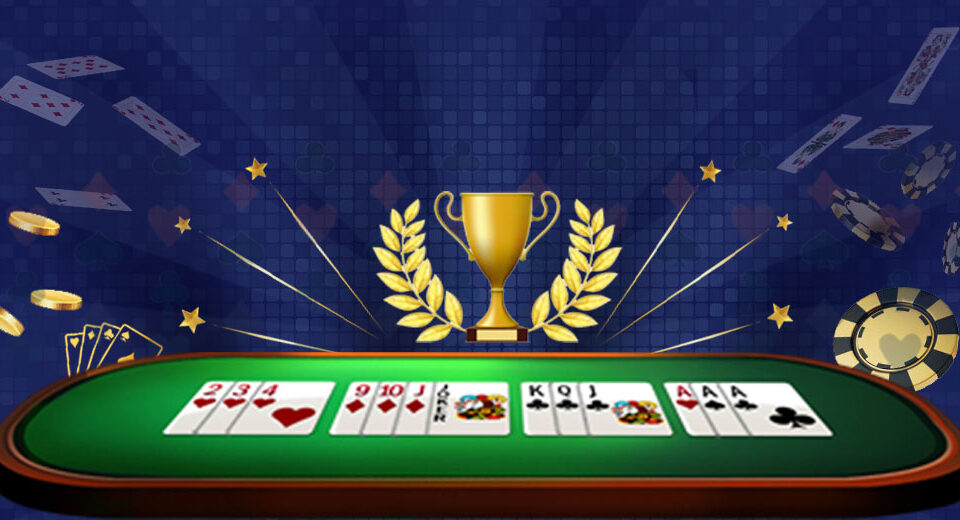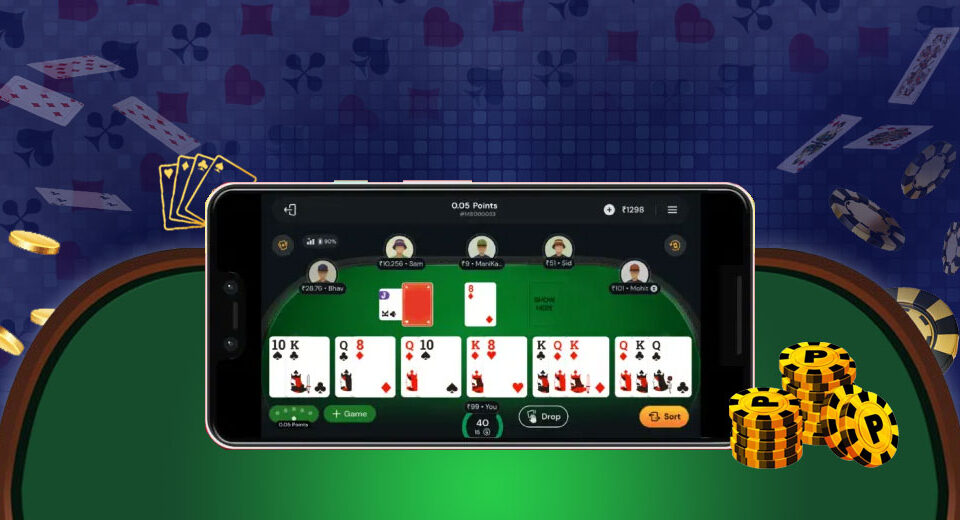Finding Your Strength: Points Rummy vs Pool Rummy
Every Indian Rummy player reaches a point where they must evaluate which format suits them best. Between Points Rummy and Pool Rummy, the differences go beyond just the scoring system. One is fast-paced and score-driven, while the other emphasises long-term strategy and elimination. Identifying which version aligns with your decision-making, memory, and adaptability can significantly improve your confidence and consistency. While both are played with the same deck and follow the same indian rummy rules, each format demands a unique mindset. This article will help you determine where your strengths lie and how to capitalize on them in each online rummy game format.
1. Understanding the Structural Differences
At first glance, Points and Pool Rummy may look similar, but their frameworks are very different. Points Rummy is played for a pre-decided value per point, and each deal ends when someone makes a valid declaration. Pool Rummy, on the other hand, is played over multiple rounds, and players are eliminated as they exceed a certain point threshold, commonly 101 or 201.
Because Points Rummy ends quickly, it caters to players who are quick to analyse and make decisions. In contrast, Pool Rummy suits those who prefer the long game, focusing on consistency and defence across multiple hands.
2. Speed and Reaction Time: Points Rummy Players Shine
If you're someone who thrives under time pressure and excels in rapid calculations, Points Rummy may be your domain. Every decision - be it a discard, draw, or drop—has an immediate consequence. A single misstep can cost you the game, but a swift, correct move can bring an instant win.
This format tests your ability to evaluate card combinations quickly. You need to identify pure sequences within the first few draws, use jokers strategically, and spot the right moment to declare. Players who think on their feet and adapt quickly will naturally excel in this high-intensity format.
3. Endurance and Strategic Planning: Pool Rummy Favourites
If you’re patient, observant, and methodical, Pool Rummy might be your strength. Unlike Points Rummy, the aim here is not just to win a hand but to avoid accumulating points. This makes risk management critical.
Pool Rummy rewards players who can hold their nerve, consistently form valid declarations, and stay below the elimination threshold. It requires foresight - sometimes it's better to drop early and accept a small penalty than to chase an uncertain win and risk a big one. Those who manage their hand with restraint and wisdom often go the distance in this format.
4. Playing Style vs Format Demand
Your preferred playing style is a strong indicator of the format that suits you. Aggressive players often find Points Rummy satisfying, as it rewards bold declarations and fast play. Conservative players, on the other hand, align more with Pool Rummy, where survival matters more than quick wins.
In Indian rummy card game formats, understanding the rhythm of the format is crucial. In Points Rummy, you might make five or more decisions in two minutes; in Pool Rummy, the game unfolds slower, and each move is a piece of a larger puzzle.
5. Risk Management and Drop Decisions
Drop options exist in both formats but serve different purposes. In Points Rummy, dropping in the first move costs very little, and players often use this when dealt a weak hand. In Pool Rummy, dropping is a defensive strategy to prolong your survival.
If you’re good at identifying weak hands early and don’t hesitate to drop, Pool Rummy gives you more room to apply that skill. In Points Rummy, however, the window for dropping is much narrower, so players who hate hesitation will feel more at home.
6. Memory and Observation Skills
All online rummy game formats reward good memory, but Pool Rummy puts greater emphasis on it. Since the game spans several rounds, remembering previous behaviours of opponents - like how often they drop, how they use jokers, or which suits they prefer, becomes an advantage.
In Points Rummy, such observations matter too, but with fewer rounds and quick endings, there's less time to study patterns. Players with a strong memory and patient observation might discover their best performance in Pool Rummy.
7. Adapting to Game Flow and Pressure
Pool Rummy can shift dramatically over time, especially when two or more players are close to elimination. Players who can stay calm, adjust their game flow, and balance aggression with restraint tend to survive longer.
In contrast, Points Rummy turns up the heat immediately. It's more about individual hand skill than cumulative performance. If you're the type who plays each hand like a sprint, Points Rummy will feel more natural.
Conclusion: Know your pace: rapid plays win Points, wise plays win Pool.
Understanding where you excel - whether it's in fast-paced, decisive formats like Points Rummy or the strategic, long-haul structure of Pool Rummy- can transform your IndianRummy journey. While both formats follow the same indian rummy rules, the demands on your skills differ. Points Rummy rewards quick thinkers with sharp hands and rapid execution. Pool Rummy favours those who embrace strategy, risk management, and long-term thinking. Evaluate your playing habits, mindset, and results over time. Knowing which mode fits your personality and play style helps you sharpen your strengths and adjust your weaknesses. Once you identify your ideal format, consistency and confidence will follow naturally.




